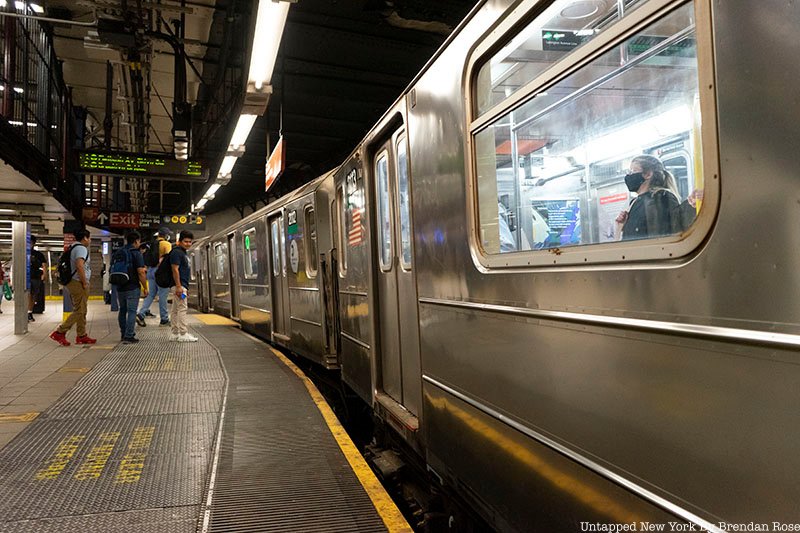The Power of an Apology
The New York City Transit Authority used to punctuate subway delays with an automated announcement telling riders, "we apologize for this unavoidable delay." It was an excuse masquerading as an apology, and an unintentional reminder of the low quality of service riders should expect.
That message mercifully disappeared years ago but bad apologies still abound. A new book attempts to do something about them, offering advice that applies at both personal and professional levels. In Sorry, Sorry, Sorry: The Case for Good Apologies, authors Marjorie Ingall and Susan McCarthy outline six steps to an effective apology. In an NPR interview, they describe them as:
Say you're sorry. Not that you "regret," not that you are "devastated."
Say what it is that you're apologizing for. Be specific.
Show you understand why it was bad, take ownership and show that you understand why you caused hurt.
Don't make excuses.
Say why it won't happen again. What steps are you taking?
If it's relevant, make reparations: "I'm going to pay for the dry cleaning. Just send the bill to me. I'm going to do my best to fix what I did."
These points apply to the case of an olive oil company CEO who apologized for delayed holiday deliveries—and reaped an immediate, surprising benefit.

